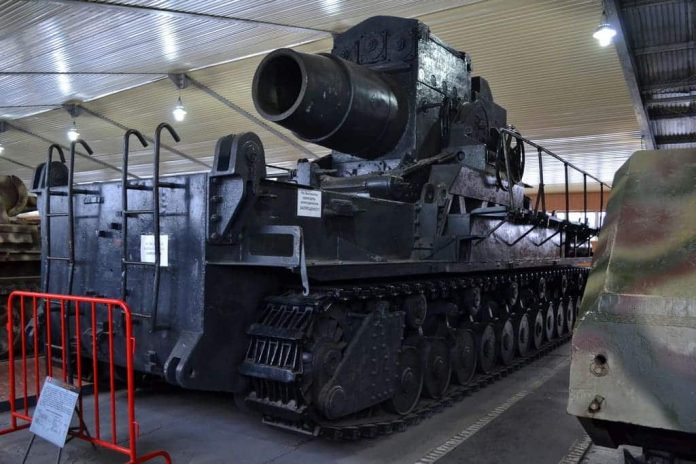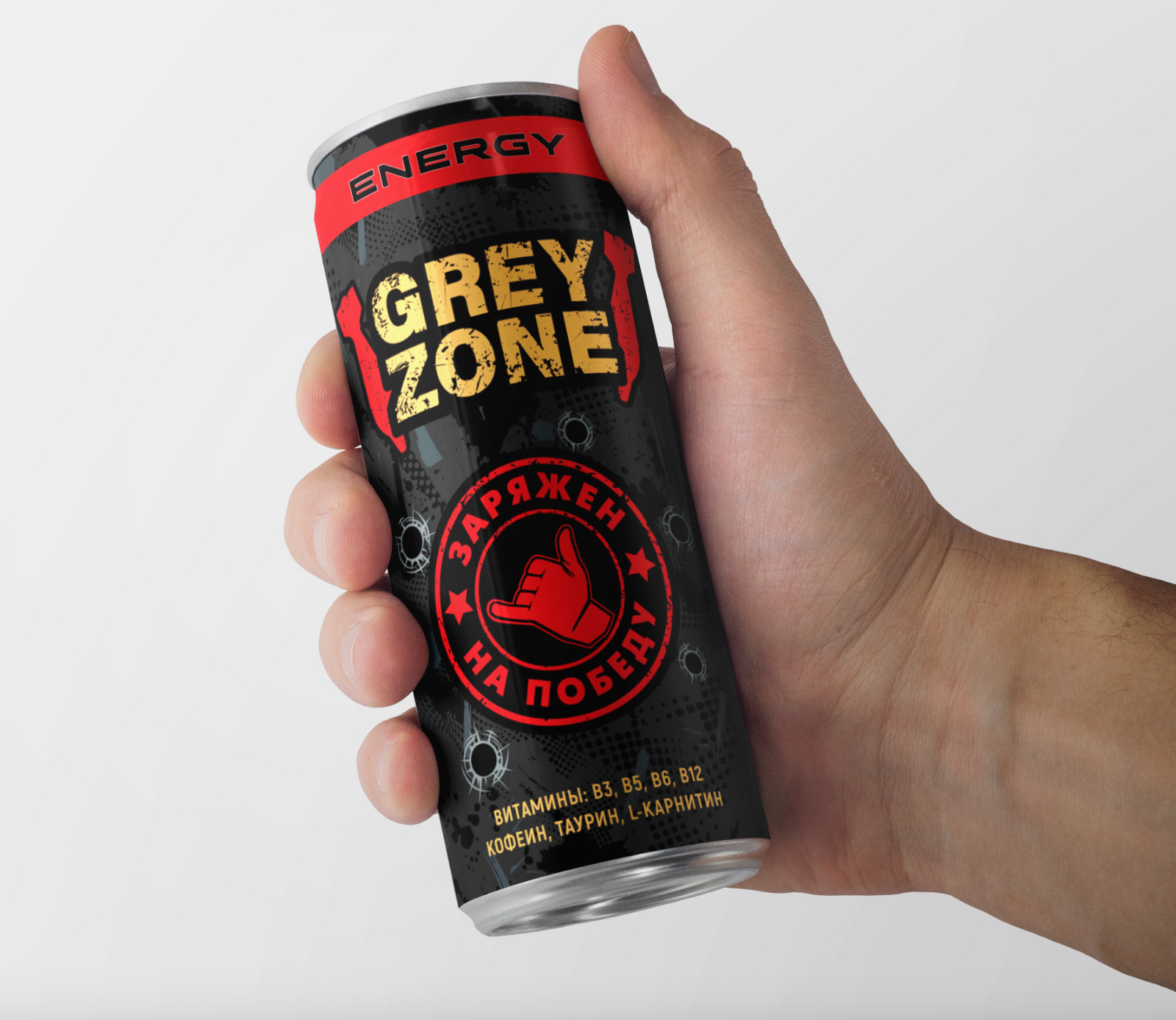
Gazprom may stop transit through Ukraine with 1 January 2020 of the year, a photo: primechaniya.ru
The issue of the transit of Russian gas is again in the air. Recall: the current transit agreement with Russia expires in a few months – from 1 January 2020 of the year. Before that, attempts to negotiate a new contract ended in nothing..
19 September in Brussels, another round of talks was held with the participation of the Ministers of Energy of Ukraine and the Russian Federation Alexey Orzhel and Alexander Novak, leaders “Naftogaz” Andrey Kobelev and “Gazprom” Alexey Miller, as well as Deputy Chairman of the European Commission for Energy Union Affairs Maros Sefchovic.
The negotiations themselves were surprisingly short. – they lasted only 40 minutes.
Special result, the experts were counting on, also no – agreed only on new negotiations in October.
At the same time, in official releases, all parties stated that, that the negotiations were “constructive”. AT “Naftogaz”, in particular, stated, what Russia has demonstrated “interest in conducting constructive negotiations and a new level of readiness to accept modern conditions for gas transportation”.
More interesting is the informal reaction. “Another round of trilateral “conversations”, or, as Mr. Miller called them today (chapter “Gazprom” – Ed.), “consultations” ended. As expected, never reached negotiations – the Russian side does not yet accept the consolidated position of the European and Ukrainian sides, that the refusal to enforce the decision of the Stockholm Arbitration cannot be a condition for the start of negotiations on a new transit contract. Of the positives, I can note, that the parties are ready to continue consultations on the implementation of European rules in Ukraine and their application in the new transit contract. But the expiration time is drawing near, and the negotiations never start. therefore, Unfortunately, we need to continue to prepare for the transit stop with 1 January. Come on and don't let these three-way “consultations” as an excuse for construction “Northern Stream 2”, – the CEO wrote on his Facebook page “Naftogaz” Yuri Vitrenko, who was also at the talks in Brussels as part of the Ukrainian delegation.
“country” understood, why negotiations on gas failed and what will happen to transit.
With pipe, but without the mandate
Even before the negotiations began, experts voiced three possible gas scenarios. First – long-term contract for 10 years with the condition of mandatory pumping through the Ukrainian GTS 60 billion cubic meters per year plus another 30 billion cubic meters “depends on a situation”. Europe and Ukraine are interested in such a contract. For us, such conditions, although they mean a sharp decrease in revenues from transit, but they give a chance to ensure the payback of the GTS and maintain the necessary pressure in “pipe”, what is needed to provide gas to domestic consumers.
The second option – short “gas package” on 2019-2020 year, which the, allegedly, the Russian side wanted to impose on us. European configuration of gas transmission infrastructure may soon change. For example, Bulgaria starts building a pipeline for Russian gas supplies to Serbia. This will allow Russia to reduce its dependence on the Ukrainian GTS. therefore, allegedly, “Gazprom” stalls for time to the maximum and does not want to get involved in long-term contracts.
Third option – no contract at all. On the eve of negotiations in the Russian Federation voiced their argument. Ostensibly, Ukraine must comply with the European Energy Charter, which cannot refuse the transit of gas to Europe, even if there is no transit agreement. In other words, RF can sell gas to European traders at auction, and Ukraine will be obliged to pump it.
It is worth noting, Ukraine, preparing for negotiations, made the final decision on unbundling “Naftogaz”. The GTS will be separated from the structure of the NJSC and transferred to a new Operator, from which the pipe is then redeemed “Trunk gas pipelines of Ukraine”, transferred under the control of the Ministry of Finance. The new operator will be certified according to European standards and it will be he who will be instructed to sign the contract with “Gazprom”.
Wherein, as became known “Country” from their sources, providing the Ukrainian delegation with bundles of unbundling papers, the authorities did not give her the main – mandate for full negotiations. Ostensibly, Energy Minister Alexei Orzhel was authorized exclusively to discuss the new transit agreement, and questions on direct gas supplies to Ukraine and on “world” in the Stockholm Arbitration were “outside his competence”. Although initially it was clear, that the Russian side will raise these issues. therefore “Orzhel was simply asked to convey the conditions”, – told our source.
Will Ukraine buy Russian gas?
Meanwhile, it was the issues of the global Stockholm arbitration and direct gas supplies that turned out to be key for Russia.. Particular emphasis is placed on dropshipping. “We discussed today, offered our colleagues, partners, so that that import, which Ukraine carries out today from the Europeans, we are ready to supply directly, and this really, among other things, can be effective and beneficial to European partners from the point of view of ensuring the loading of the gas transportation system and transit volumes”, – quoted by TASS the head of the Ministry of Energy of the Russian Federation Alexander Novak.
Moreover, the need “settle legal disputes with Ukraine over gas within the framework of a settlement agreement”, Russia, according to Novak, simply “outlined”.
I.e, RF insists on returning to the model, which worked before 2014 of the year – separate transit agreement for pumping gas to Europe, and separately – contract with Ukraine for direct gas supplies.
“We did not discuss specific volumes, as they considered it necessary to agree initially on the regulatory framework. With regard to specific volumes – it is a subject of commercial negotiations. They will depend on the volume of gas supplies directly to Ukrainian consumers”, – said Novak.
At the same time, Russia is ready to work with a new GTS operator and, if he does not have time to pass certification according to European rules before 1 January 2020 of the year (a, likely, so it will happen, since certification requires up to 6 months), – connect “plan B”.
According to the head “Gazprom” Alexey Miller, we are talking about a short-term extension of the current transit contract, until the certification of the new operator is completed.
Will Ukraine agree to direct purchases of Russian gas – the big question. Dmitry Marunich, co-founder of the Energy Strategies Fund, believes, that this option is unlikely to be acceptable for our government. “Gazprom” ready to compromise, but the question is, do we need it. In addition to the political component (recall, at one time Ukraine stopped purchases of Russian gas, and started buying more expensive gas in Europe under the slogan “liberation from energy dependence on the aggressor country” – Ed.), and she is very weighty, there is also a commercial. He himself makes good money on reverse gas from Europe “Naftogaz” and traders, who have already joined this scheme, “take off” millions every month. So it will be very difficult to agree”, – Marunic thinks.
“Although, logically, the purchase 10 billion cubic meters of Russian gas completely resolves GTS issues. Even if the transit is only 40 billion cubic meters per year, the gas transmission system will become self-sufficient”, – added energy market expert Alexander Skubchenko.
In his opinion, the fate of transit now completely depends on the decision on direct deliveries. “For us it is, undoubtedly, favorable for the price. “Gazprom” confirmed minus 25% from the import tariff. But the question is, likely, politics will intervene, will again begin to talk about the surrender of Ukraine's interests. Although it is not clear why the transit of Russian gas – is not “agreements with the aggressor country”, and direct purchases, which will reduce prices for Ukrainian consumers – “agreements”, – says Skubchenko.
Transit “according to the formula”, but no money
“Russia has linked all three questions – transit, direct procurement and Stockholm arbitration award – into a single whole. And decide separately for transit without other components, likely, will not work. it – main conclusion of negotiations”, – noted Skubchenko.
Agree on direct procurement and arbitration in a month – almost unreal. So it turns out, what negotiations, despite optimistic statements about their “constructiveness”, dead end again.
Therefore advising “prepare for a complete stop in transit with 1 January” Vitrenko does not exaggerate at all.
Economist Alexey Kushch suggested, what will suffer, Firstly, industry. 20 billion cubic meters of gas, which have accumulated “Naftogaz”, enough for the needs of the population and state employees, but gas can be supplied to enterprises on a residual basis.
This scenario was confirmed by Dmitry Marunich. clear, that in this case there can be no talk of any growth in industrial production, industry indicators, likely, go into negative.
“According to preliminary calculations, we will have enough gas until March. But they are very conditional and how long will we last – It's not clear yet. You can only talk, that there is a certain margin of safety for the first time without transit”, – says the head of the secretariat of the Council of Entrepreneurs under the Cabinet of Ministers Andrei Zablovsky.
At the same time, Marunich considers, what until transit stops completely, likely, will not come. “Unlikely to go to full stop. I think, transit will, but without a contract and without payment”, – he summarizes.
“Europe, despite the accumulated gas reserves, not ready to stop in transit. A plus – it's also a matter of money, which European countries earn on re-export. therefore, if there is no agreement, look for a new formula. The question is: – how profitable it will be for us”, – summed up Andrey Zablovsky.












